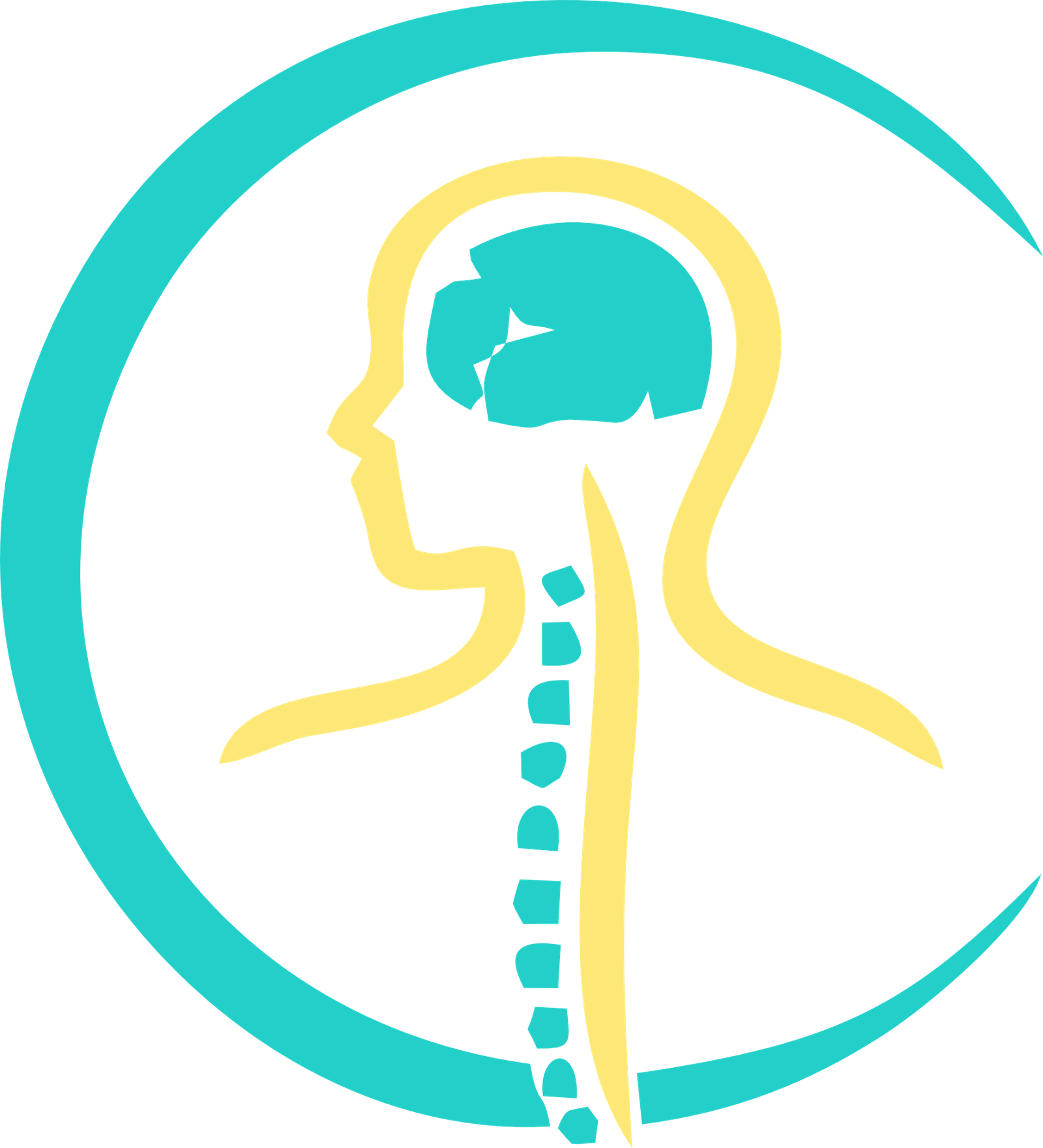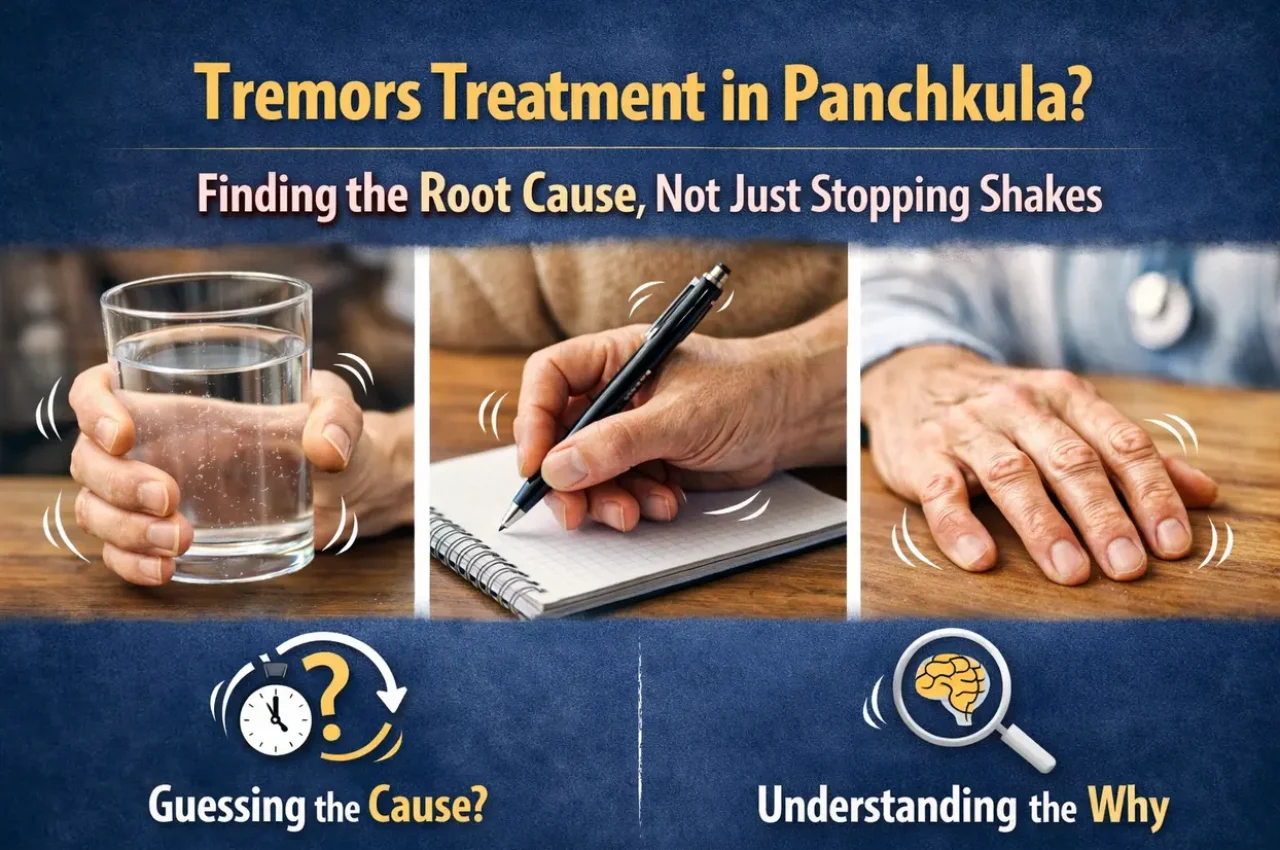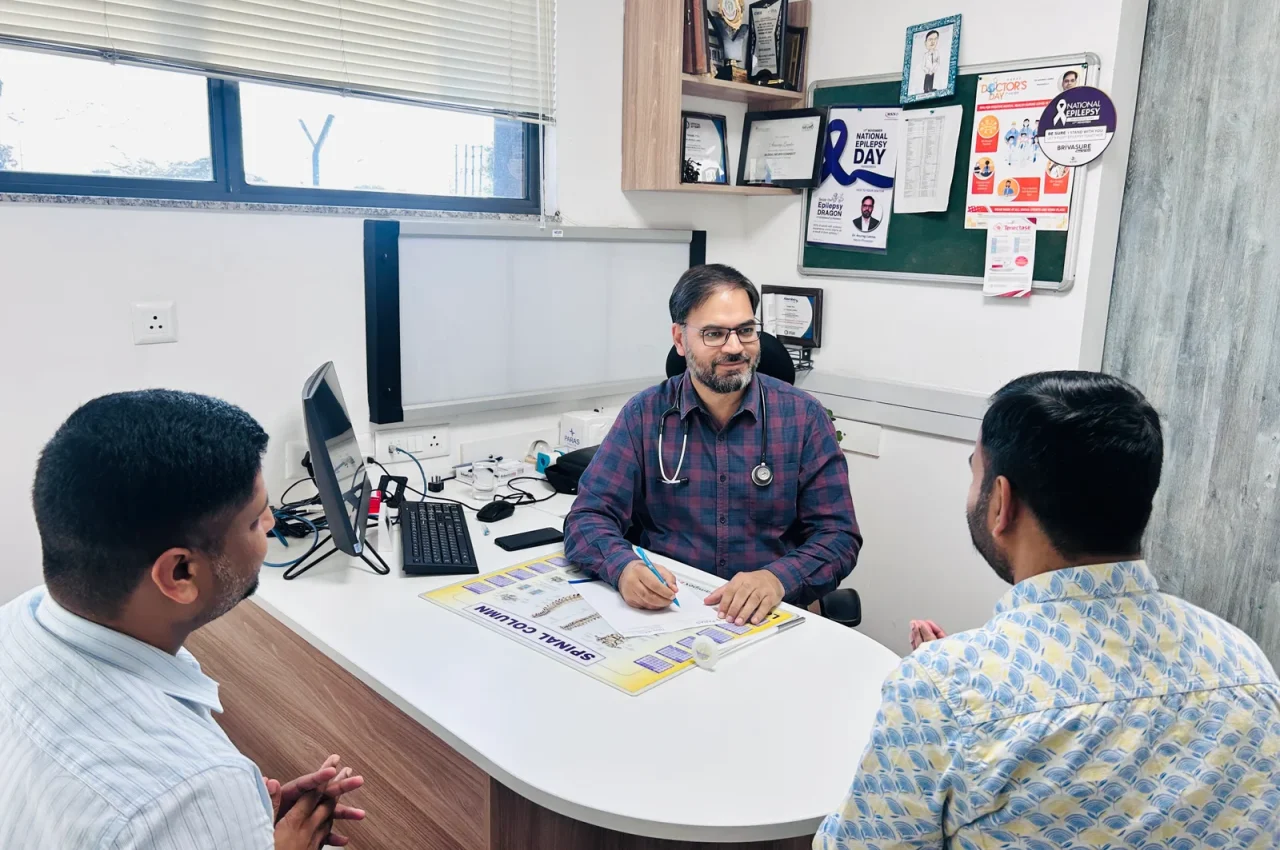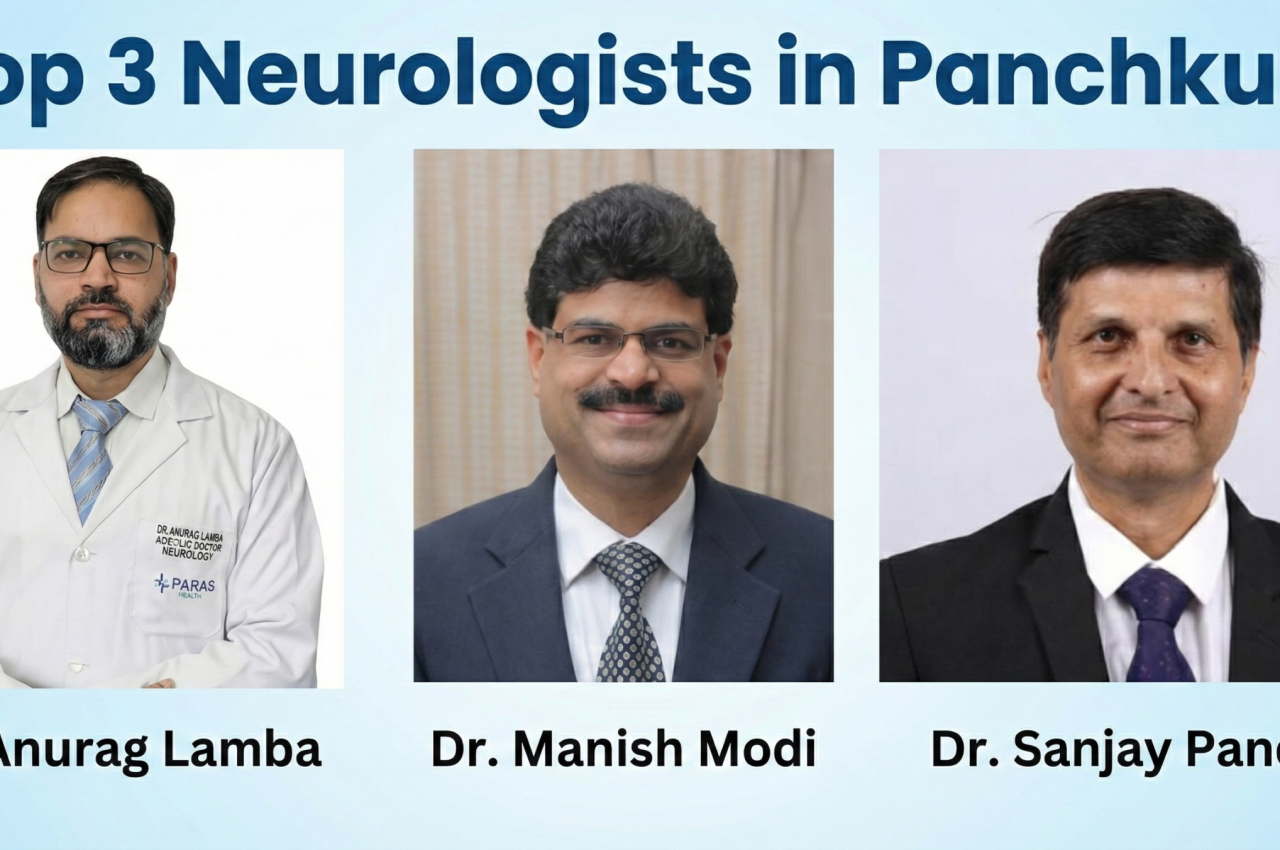Understanding Chronic Back Pain
Back pain is one of the most common health issues today, affecting millions worldwide. Whether caused by herniated discs, spinal stenosis, or degenerative disc disease, patients often struggle to decide whether physiotherapy or spine surgery is the best solution.
If you’ve been experiencing persistent back pain and are unsure of the next steps, consulting a neurologist in Panchkula can help determine the best treatment path.
When is Physiotherapy the Right Choice?
Physiotherapy is often the first line of treatment for back pain and is effective in many cases. It is recommended if:
Your Condition Includes:
✔️ Muscle Strain or Minor Injuries – Pain caused by overuse, bad posture, or minor sprains.
✔️ Mild to Moderate Herniated Discs – If pain is manageable and does not cause nerve damage.
✔️ Sciatica or Nerve Compression – When non-invasive treatments can help relieve pain.
✔️ Post-Surgical Rehabilitation – Helps strengthen the back after an injury or mild surgery.
Benefits of Physiotherapy for Back Pain
Strengthens spinal muscles to support posture.
Increases flexibility and reduces stiffness.
Helps reduce dependence on painkillers.
Prevents further deterioration and surgery.
💡 Related Read: Not sure if your back pain is serious? Read our in-depth guide on Chronic Back Pain: When to Consider a Specialist in Panchkula.
When is Spine Surgery Necessary?
If pain persists despite physiotherapy, or if there are severe nerve complications, spine surgery might be necessary. You may need surgery if:
🚨 Symptoms Indicating Surgery is Needed:
Severe Herniated Discs – When pain radiates to the legs and affects mobility.
Spinal Stenosis – Narrowing of the spinal canal causing leg weakness and numbness.
Chronic Pain Unresponsive to Therapy – If physiotherapy has failed after 6 months of treatment.
Loss of Bladder/Bowel Control – An emergency condition requiring immediate surgery.
🚨 Types of Spine Surgery
Discectomy – Removes part of a herniated disc pressing on nerves.
Spinal Fusion – Joins two vertebrae to stabilize the spine.
Laminectomy – Relieves pressure on spinal nerves by removing bone spurs.
💡 Related Read: Learn about Neurosurgery 101: Common Brain & Spine Procedures Explained for a complete breakdown of spinal procedures.
Spine Surgery vs. Physiotherapy: A Side-by-Side Comparison
| Feature | Physiotherapy | Spine Surgery |
|---|---|---|
| Best For | Mild to moderate back pain | Severe spinal conditions |
| Invasiveness | Non-invasive | Surgical procedure |
| Recovery Time | Weeks to months | Months to full recovery |
| Success Rate | High for mild conditions | High for severe cases |
| Cost | Generally lower | Higher due to hospital and surgical fees |
If your pain continues to interfere with daily activities despite physiotherapy, it’s time to discuss surgical options with a neurologist in Panchkula.
💡 How to Decide the Right Treatment for You?
Assess the Severity of Your Pain – Mild cases can benefit from therapy, while severe nerve compression may require surgery.
Consider the Duration – If pain persists for more than 6 months, surgery might be necessary.
Consult a Specialist – A neurologist can determine whether spine surgery or therapy is best for your condition.
💡 Related Read: Find out the early warning signs of neurological issues in our guide on Brain Tumors: Early Diagnosis & Treatment Advances.
🟢 FAQ Section: Spine Surgery vs. Physiotherapy
When should I choose physiotherapy over spine surgery?
Physiotherapy is effective for mild to moderate back pain, improving flexibility and strength without surgery. However, if pain persists despite therapy, it’s time to consult a spine specialist in Panchkula.
How do I know if I need spine surgery?
You may need spine surgery if:
- You have severe nerve compression causing numbness or weakness.
- Your pain has not improved with physiotherapy for over 6 months.
- You experience loss of bladder or bowel control (medical emergency).
💡 Learn more about spinal conditions in our guide on Neurosurgery 101: Common Brain & Spine Procedures Explained.
How long does it take to recover from spine surgery?
Recovery depends on the type of surgery:
- Discectomy & Laminectomy – 6-8 weeks
- Spinal Fusion – 3-6 months
A physiotherapy plan after surgery helps speed up recovery.
Can physiotherapy prevent the need for surgery?
Yes! Early physiotherapy can strengthen muscles, improve posture, and relieve mild conditions like herniated discs or sciatica, reducing the need for surgery.
Is spine surgery safe?
Spine surgery has a high success rate when performed by an experienced neurologist or spine surgeon. However, all surgeries carry risks, so it’s essential to discuss options with a specialist.
Final Thoughts: Physiotherapy or Surgery – Which Should You Choose?
- If your pain is mild to moderate, physiotherapy is a great first step.
- If your pain is severe, persistent, and affecting mobility, spine surgery might be the only option.
- Consulting a neurologist is the best way to determine the right treatment.
📍 Location: Panchkula, Haryana
📞 Call Us: 9780 355 355
📅 Schedule an Appointment










